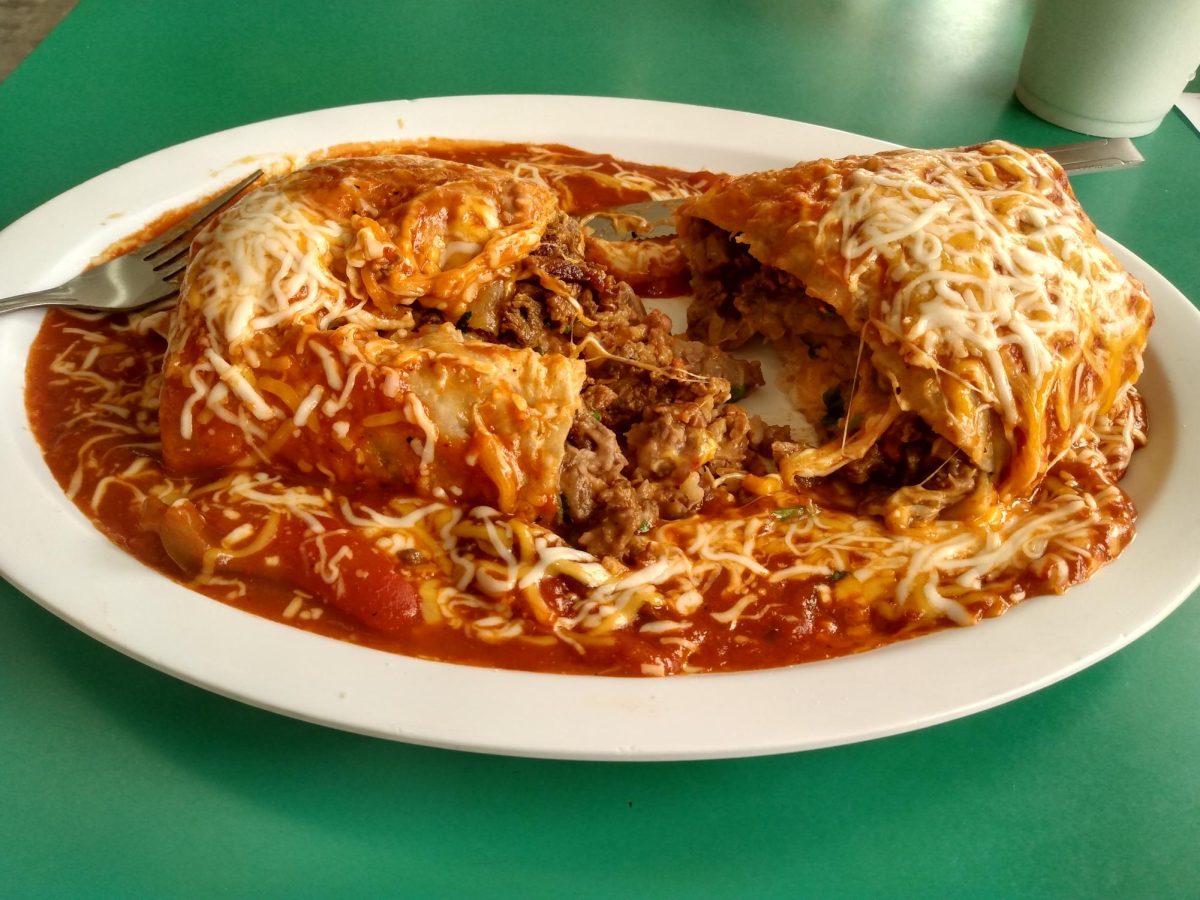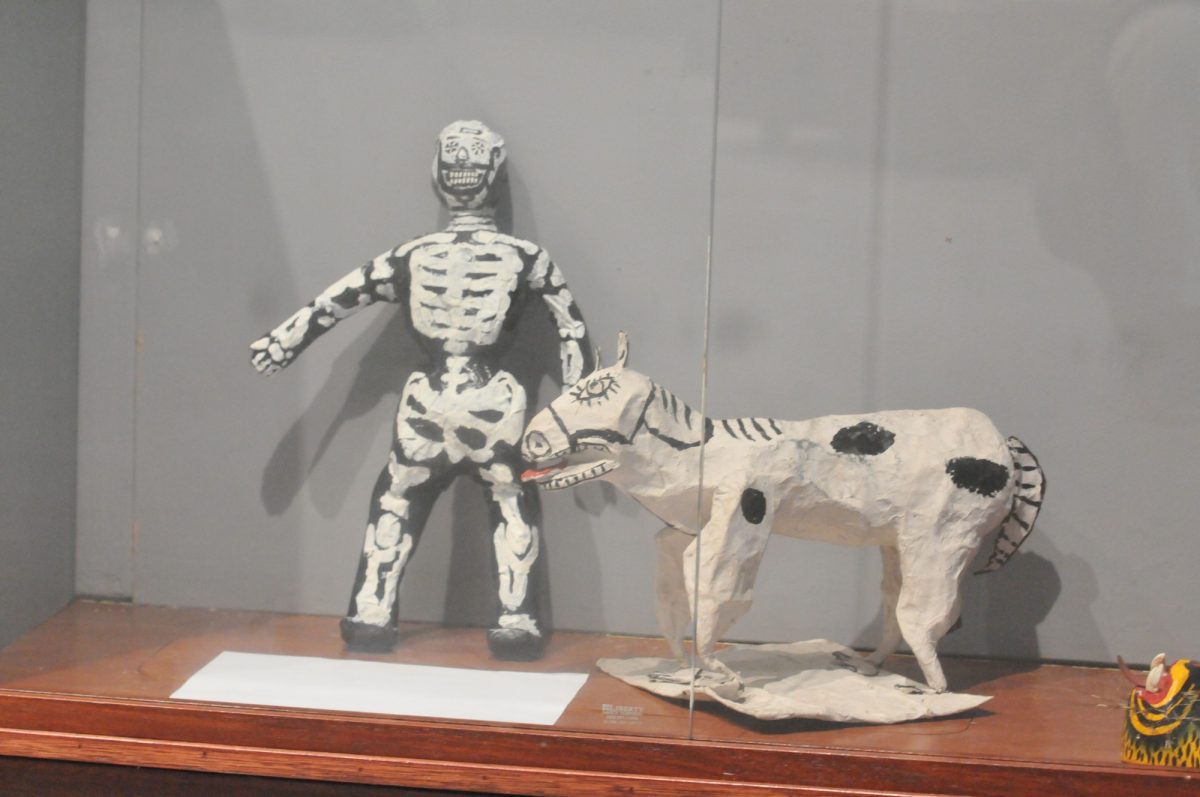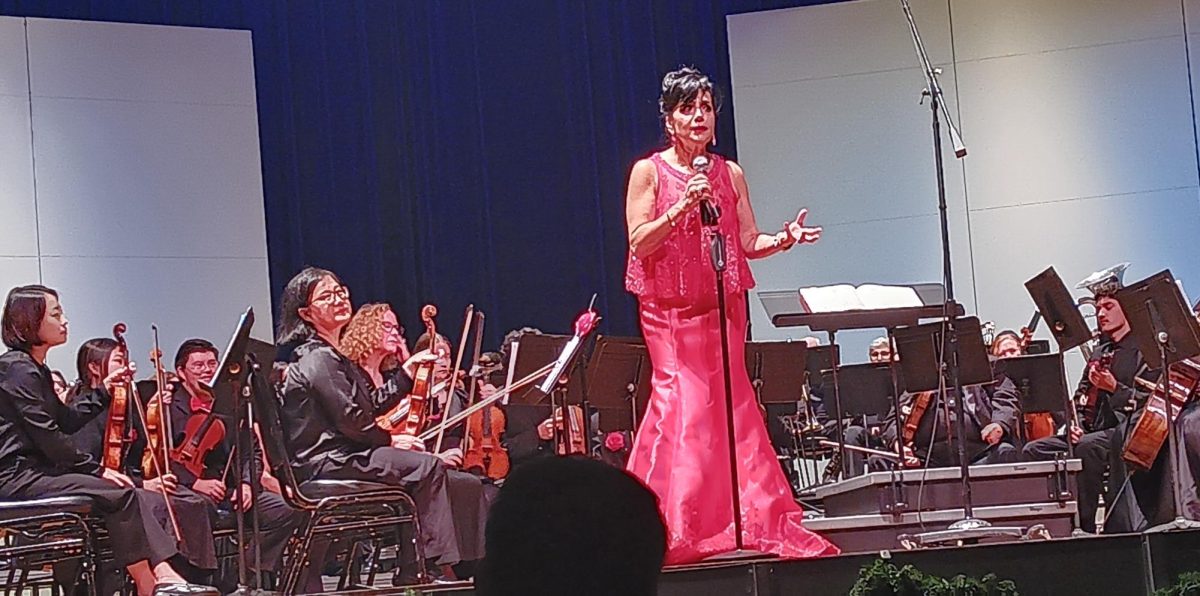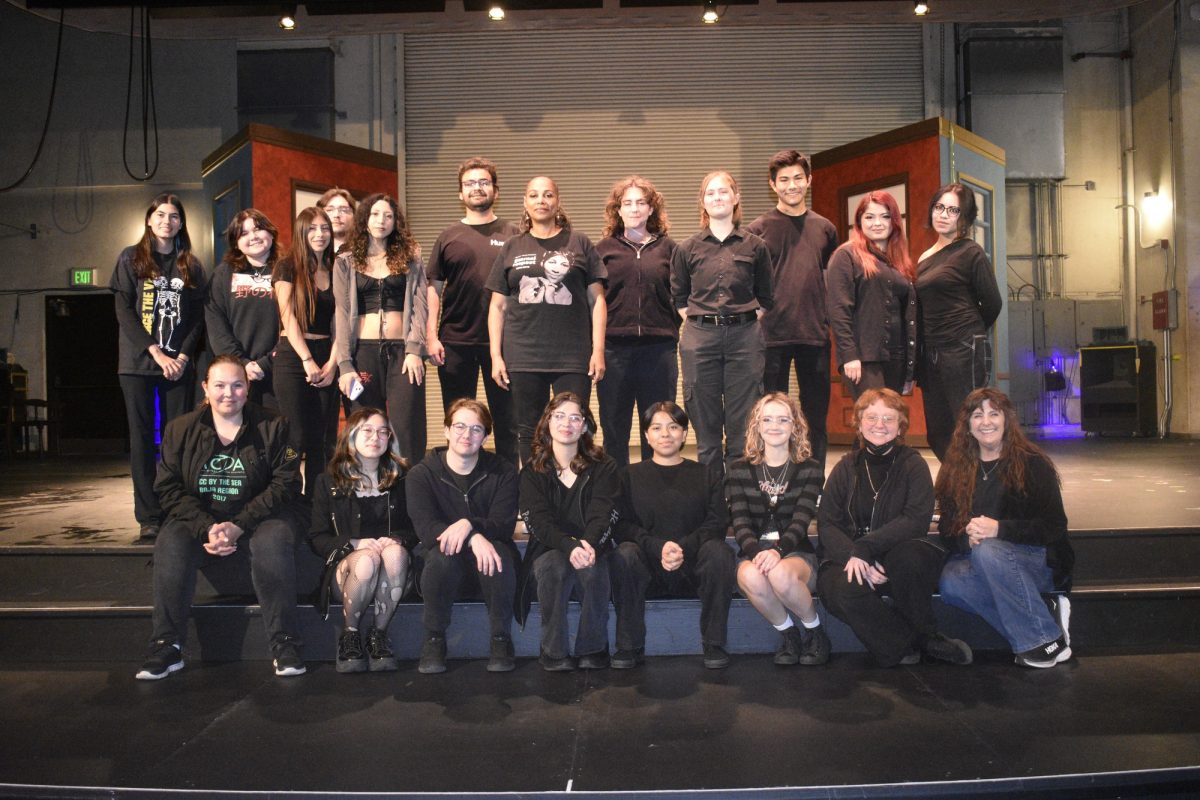This month, women and men across the world will unite and fight against something that has claimed so many lives.
The pink ribbon will not just serve as a reminder, but as a symbol of hope for any and all who wish to join the fight against breast cancer.
Breast cancer is the most common cancer among women.
According to the American Cancer Society (ACS), more than 170,000 women will be found to have invasive breast cancer, and roughly 40,000 will die from this disease this year.
Two million women have already been treated for breast cancer in the United States alone.
In an effort to make students more aware of breast cancer, a free mammography-screening and manicure event will be scheduled on campus.
Sign-ups for this event will run through Tuesday at the Library Lawn with screening for women under the age of 40 on Wednesday and women older than 40 on Nov. 5.
The exams will be done in the nursing department of the Technical Arts Building in Room 101L.
“I haven’t gotten a breast exam yet, but I plan to get one at least twice a year. ” Amber Martinez, biology and zoology major, said.
This event, directed by Jan Ball, event director, will allow students to receive free breast exams and mammograms.
“We try to give the women a convenient and free opportunity for early detection,” Ball, associate professor of humanities, said.
Men are also susceptible to this disease although it is much less common for them than it is for women.
“We encourage men as well to sign up,” Ball said. “We use both men and women as volunteers and men are welcome to sign up and ask questions.”
In addition to free mammograms, the cosmetology department will give free manicures, pedicures and facials to those who participate in the event.
“People can get a mammogram, but they’re also entitled to get a free manicure or pedicure,” Pat Gebert, professor and chairperson of cosmetology, said.
The event started because of a group faculty breast cancer survivors wanted to spread awareness of the disease that has taken so many lives.
According to an organization, Patient UK, that provides information of health, diseases and related issues, the biggest risk factor for developing breast cancer is increasing age.
Martinez’s grandmother, Melinda Taylor, is 63 years old and was diagnosed with breast cancer at the age of 40.
“My grandma is a survivor of breast cancer. I freaked out when she showed me the scars and hair loss from the treatment,” Martinez said.
“My mother was really upset when she found out her mother had breast cancer. My grandmother hid the fact that she had breast cancer for a while from us,” said Martinez.
Melinda Taylor, who regularly receives visits from her granddaughter, often advises Martinez to do self-examinations monthly.
Taylor received chemotherapy and a mastectomy, a removal of one or both breasts, for treatment.
Detecting breast cancer in an early stage increases chances to cure it substantially. Doing self-examinations or mammograms is a good way to detect early stages of breast cancer.
“I think early detection is the key; it was with my case,” Gebert said. “If we encourage people to do the same, it may save hundreds of lives.”
Early warnings of breast cancer can include finding an abnormal lump in the breast, dimpling or discoloration of the skin or the nipple.
Other signs are soreness or a steady itch, an inverted nipple or abnormal discharge from the nipple.
Large organizations include the Wall of Hope Breast Cancer Survivors’ Project that ask survivors of breast cancer in California to have their picture taken and be placed on a wall in Washington D.C.
This exhibit is known as the Mile of Survival and will carry more then 37,000 portraits of survivors across the United States.
“My grandma was put on the Wall of Hope by request. It’s a program that helps draw attention to breast cancer and other cancers,” Martinez said.
EC has been giving free mammograms every October for the past couple of years and this year is no exception. This year has no target number for sign-ups, but all are welcome.
With 50 confirmed women for mammograms and 45 women for free breast exams. There have been no men to sign up for the exams.
With increasing numbers of women getting checked, the program has become well known on campus and throughout the community.
“If we can encourage people to sign up, it may save hundreds of lives, because once the cancer hits the later stages, the prognosis will be harder.






